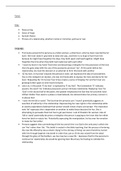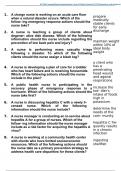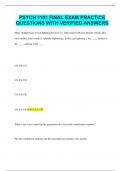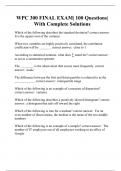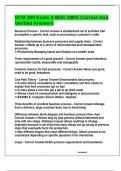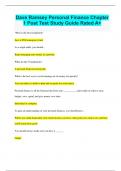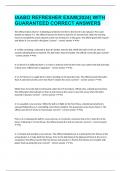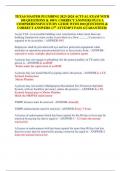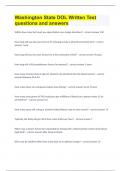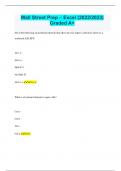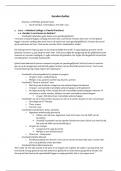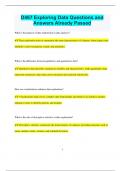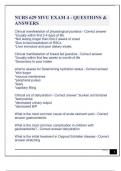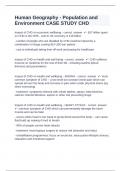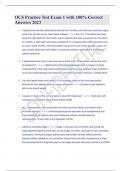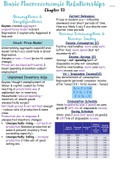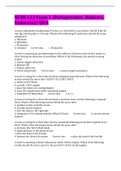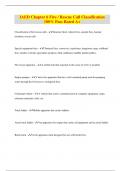Title:
• Reoccurring
• Sense of hope
• Second chance
• Process of a relationship, whether mortal or immortal, spiritual or real
Language:
• First stanza presents the persona as a fallen woman, a jilted lover, who has been rejected by her
lover. Her lover doesn’t pay heed to what she says, and there is no hope of love from him
because he might have forgotten the days, they both spent and lived together. Might have
forgotten the time when they both had made love with each other
• ‘I took my heart in my hand’ Past tense and becoming a metaphor for the possession of the love
that she gave away with the use of the possessive pronoun ‘my’. At this point before her
relationship, she took the decision in an attempt to form this bond with another
• ‘(O my love, O my love)’ towards the persona's lover, yet expresses the idea of concealment.
Due to the viewpoint on women, she was not freely able to express her love and desire for her
lover. Repeating the ‘O my love’ four times creates a sense of longing. Her and her lover are
growing further apart as time moves forward.
• Later on, in the poem ‘O my love’ is replaced by ‘O my God’. The Exclamation ‘O’ indicates
passion, the word ‘my’ indicates possession and an intimate relationship. Replacing ‘love’ for
‘God’ in the second half of the poem, the speaker emphasises the fact that her priorities have
shifted. Rather than seek to a please a male beloved, she demonstrates her primary concern is
to please God
• ‘I said: let me fall or stand’. The fact that the persona uses ‘I stand’ potentially suggests an
assertion of authority in the relationship. Representing her own rights in the relationship while
at society expectations believed that women should remain chaste and proper. The imperative
verb ‘let’ expresses she is dependent on another to make these decisions for her. She is
attempting to persuade them but has to get permission. Lack of freedom for women. Idea of
‘fall or stand’ potentially becomes a metaphor the person is arguing to her lover that her either
loves her back or rejects her. Potentially expressing the manipulation, he has over her emotion
to make her feel either.
• Persona suggests that surrendering all she has and all she is to God is the only way in which she
can ‘live’ rather than ‘die’. This belief is rooted in the bible teaching, that the process of entering
the new life offered by Jesus entails ‘dying’ to the old way of living ‘we were therefore, buried
with him through baptism into death in order that, just as Christ was raised from the dead
through the glory of the feathers, we too may live a new life.’. Expresses that for the persona to
continue her relationship she would be ignoring God. Must bury her feeling to rekindle this
relationship.
, • ‘a woman’s words are weak: You should speak not I’. Reflects the inferiority of women as
perceived by the contemporary society time and time again. While the adjective ‘‘weak’’
expresses the belief that women would remain subordinate and submissive to men. They should
remain an example of the angle of the house women, formed through the poem of Coventry
Patmore who use his wife Emily as a paragon for this. The change in personas pronouns from
‘you’ to ‘I’ expresses the personas acceptances of her position in society. Although by doing this
the modern reader is aware that she is rejecting her right to equality in a relationship.
• Second stanza starts, the persona is depicted as informing us about how her love took her heart
in his hand, which may mean that she is going to embark upon a daring emotional act. May also
meant that her lover wanted to sleep with her but she rejected this by saying she was not ready.
• Change from the beginning of the poem. Persona reflects that ‘you took my heart in your hand’.
Change in possession expresses her loves control. Equally this possession expresses his
dominance and control in the relationship. Hence, the blame is put on him for the downfall of
their relationship.
• ‘Friendly smiles, / with a critical eye you scanned’. Repetition of ‘with a’ perhaps expressing a
sense of duality within the power of the persona. Sets up a pretence and creates a more sinister
side to her love. The juxtaposition between the adjective ‘friendly’ against ‘critical’ expresses the
façade put up by the lover. Expresses that the love between them is not genuine and his
superiority in the relationship means he is attempting to view what he could gain from the
persona. The personas ‘heart’ becomes a central image of the poem. Declaring that she took it
in her hand she voices her control over it and reinforces that is her own possession to love, keep
or give away as she likes. Stating that her beloved ‘set’ down her heart and with a ‘critical eye’
declared it was still ‘unripe’, links her heart to a fruit that is not yet ready to be consumed.
Alluding to this description that her beloved gives, she emphasises the attitude of the consumer
that many Victorian males took towards the women with whom they had a relationship. Instead
of being a relationship based on love, Rossetti highlights the problems in basing a relationship
on worldly standards of economic commerce
• Idea that she should ‘better wait awhile’. The persona is not ready for a more commit
relationship. Due to the primeval and lustful connotations of a man he rejects her based of this.
Equally, is the personas lover had loved her he would not have rejected her but waiting for her
to be ready. Highlights the objectifying view of women in which women were not seen as
equally within a relationship.
• Symbol of the skylarks and the cornflowers declares that since his rejection she has not
appreciated the natural work. She has neither cared for corn flowers of ‘sung with the singing
bird’
• Rossetti's use of the symbol ‘Skylark’ linking to Percy Bysshe Shelley's interpretation in his
suggestion that of the divine inspiration, he appreciates its beauty. Just watching the skylark
gives the speaker a sense of joy and he ends the poem by voicing a wish that the bird would
teach him ‘half the gladness’ that is must know. Skylarks sing during the daytime rather than the
night. Reading Twice with this in mind conveys the idea that the beloved’s requests to put the
relationship on hold until the ‘skylarks pipe’ indicate that the is currently living a life that can be
correlated to the night in that it is fark and melancholy. In the circumstances that the beloved
perceives, the joy that Shelley suggests the skylark naturally expresses is mission.

